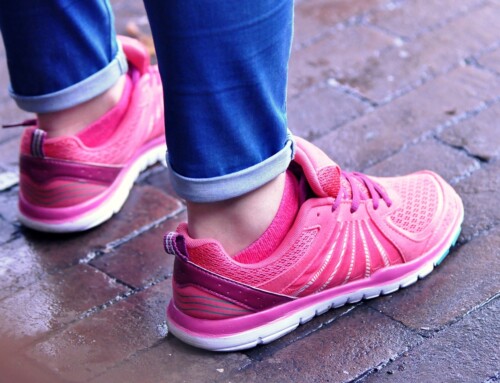Good oral health and hygiene is a basic tenet of taking care of oneself – in fact, we are taught its importance as a child. Brushing teeth, staying away from sugary foods, and even flossing are all a part of learning how to be an independent little human. However, oral health is one of the disciplines which many neglect as they get older, whether due to physical or mental limitations. Other reasons may include health concerns or pain that dominate their attention or the inability to get themselves to dental appointments. But oral health is not a tangential health issue for senior citizens – it is actually intricately connected to one’s overall health and well-being.
 There are oral health and hygiene concerns that elderly people should be aware of. Below is some great information as to why regular dental care and visits should remain a priority for seniors.
There are oral health and hygiene concerns that elderly people should be aware of. Below is some great information as to why regular dental care and visits should remain a priority for seniors.
Common Oral Health Issues
Tooth Decay: Tooth decay is typically caused by a combination of bacteria, excess sugar intake, and inadequate dental habits. Tooth decay and cavities are often seen in younger generations, but the condition continues throughout our lives. In fact, 93% of those over 65 have evidence of tooth decay, and 18% of senior citizens have tooth decay that is not being treated properly. Seniors have an increased risk of developing cavities due to their medications, which can cause dry mouth and subsequently result in tooth decay.
Tooth Loss: It is estimated that 20 % of adults over the age of 65 have lost all of their teeth. The risk of total tooth loss increases significantly once an individual is in their 70s and 80s. The main culprit behind age-related tooth loss is periodontal disease—which can cause loose teeth, receding gum lines, and deteriorating jawbones. Periodontal disease can be treated effectively once identified, but it often goes undiagnosed and untreated for many years, which is why tooth loss is so common in older adults.
Related Health Conditions
Most people don’t realize the connection between poor oral health and other forms of disease and illness throughout the body. For example, senior citizens with periodontal disease are considered three times more at risk for heart attack, pneumonia, and diabetes.
How to Achieve Better Oral Health
- Brush and floss daily: One of the easiest ways to maintain oral health is to brush twice a day and floss once daily. Brushing and flossing will prevent plaque buildup that will eventually result in tooth decay and periodontal disease. If properly brushing your teeth is becoming difficult, an electric toothbrush may be the solution. These can provide a deeper cleaning than regular toothbrushes and also handle the brushing work for you.
- Cleanings and Exams: Routine dental exams are vital for staying in good dental health. However, many older adults will stop going to these appointments because they cannot afford them – and dental care is not covered under their Medicare insurance. There are other options, such as calling a local dental school (which often offers free or low-cost dental care) or planning to pay out of pocket.
Look for Changes in Dental Health
When brushing and flossing, keep an eye open for any changes you notice in your mouth, teeth or gums. If a new or painful situation arises, you may want to call a dentist for an appointment. You should be especially aware if the condition has lasted more than 10 days. Warning signs to look out for include:
- Difficulty chewing or swallowing
- Lack of saliva
- Extreme tooth sensitivity (either hot or cold)
- Red, swollen, or sore gums
- Red or white patches in your mouth, including on your tongue
- Jaw pain or swelling
By maintaining oral health, you can keep other serious health concerns at bay. If you are a caregiver, be sure to keep an eye on these things for your loved one.
At A Banyan Residence, we are dedicated to providing a supportive place for all those who live with us. If you are looking for assisted living or memory care options in The Villages, call us for a tour.






